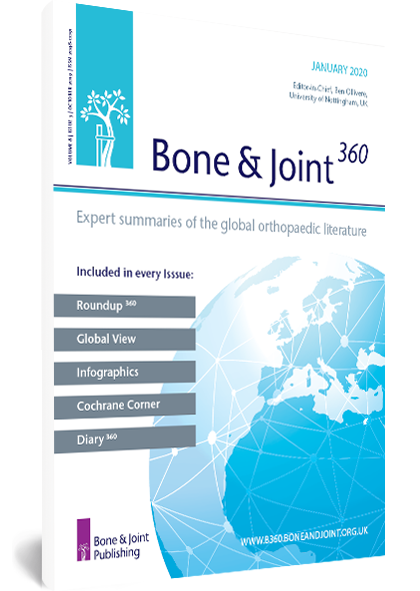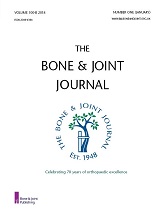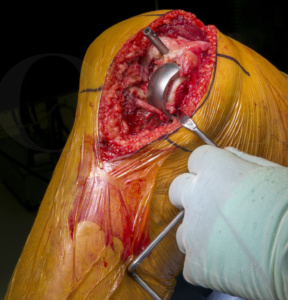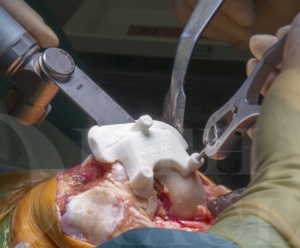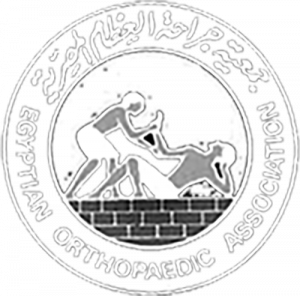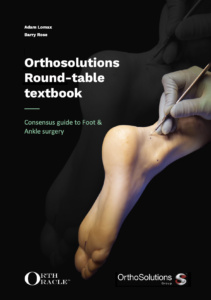Knee replacement
If you were an amateur, with just a conversational-level knowledge of knee replacement, then I think by reading this months selections from the Bone and Joint Journals back catalogue as well as our two techniques would put you fairly “toe to toe” in conversation with a Surgeon who actually knew what they were doing. No matter how well the two of you were getting on though you’d need to very firmly steer the dialogue away from any invitation to “absolutely visit next week and demonstrate some of your tips” on one of their cases.
Even for that established Knee Surgeon though, there will be some pearls to be gained from this months selection. “Knowledge has to be increased, improved and challenged constantly or it vanishes” , in the words of Peter Drucker (1909-2005), Austrian-American Professor & management consultant.
From the Journal, Kosrow Sehats superbly clear and excellently illustrated paper clarifies in one read the key points of traditional mechanical axis alignment of a knee replacement versus the increasingly accepted concept of anatomically individualised knee arthroplasty and alignment.
Although slightly drily titled “Registry Review:Knee arthroplasty” by Jon Phillips and his co-authors from the Exeter Knee reconstruction unit belies a really valuable paper that still provides an easily digested snapshot of the differing practices and outcomes across the main international knee registries.
From the OrthOracle side, definitive in its level of operative instruction is the late Prof James Richardsons Oxford Unicompartmental Knee replacement, which was in fact one of his very last cases. Fittingly, his technique was expertly written by Mr Deepu Sethi who was trained by James, and now practices at The Homerton Hospital, London, UK. Mr Andrew Bakers demonstration of his technique and insights into successful execution of the Smith and Nephew Visionaire II (Posteriorly stabilised) total knee replacement is worth reading whichever posteriorly stabilised implant you use.
For a wealth of other academic papers on knee replacement, many of which are open access, visit the new Bone and Joint Journal platform, and for many more instructional techniques demonstrating real cases visit us at OrthOracle.
A final note, on the subject of knowledge, with an alternative but equally valid perspective (which it might be difficult to appreciate whilst training) comes from David Bohm (1917-1992), a theoretical physicist and polymath, whose research fed into the Manhattan project :
“The ability to perceive or think differently is more important than the knowledge gained”.

